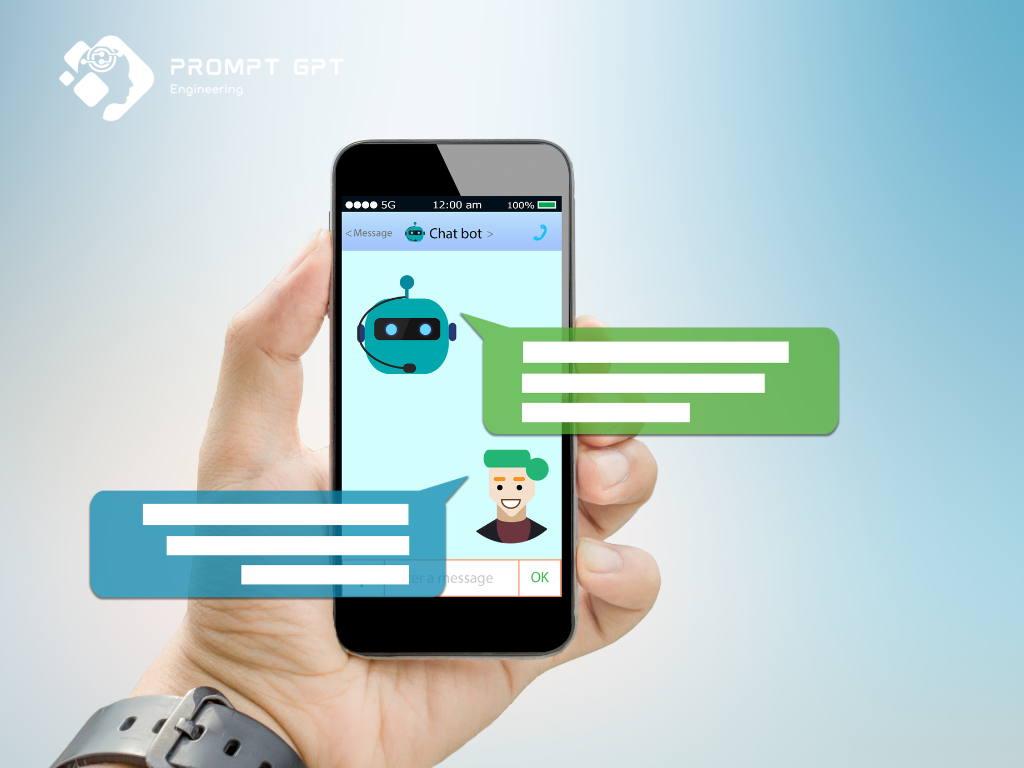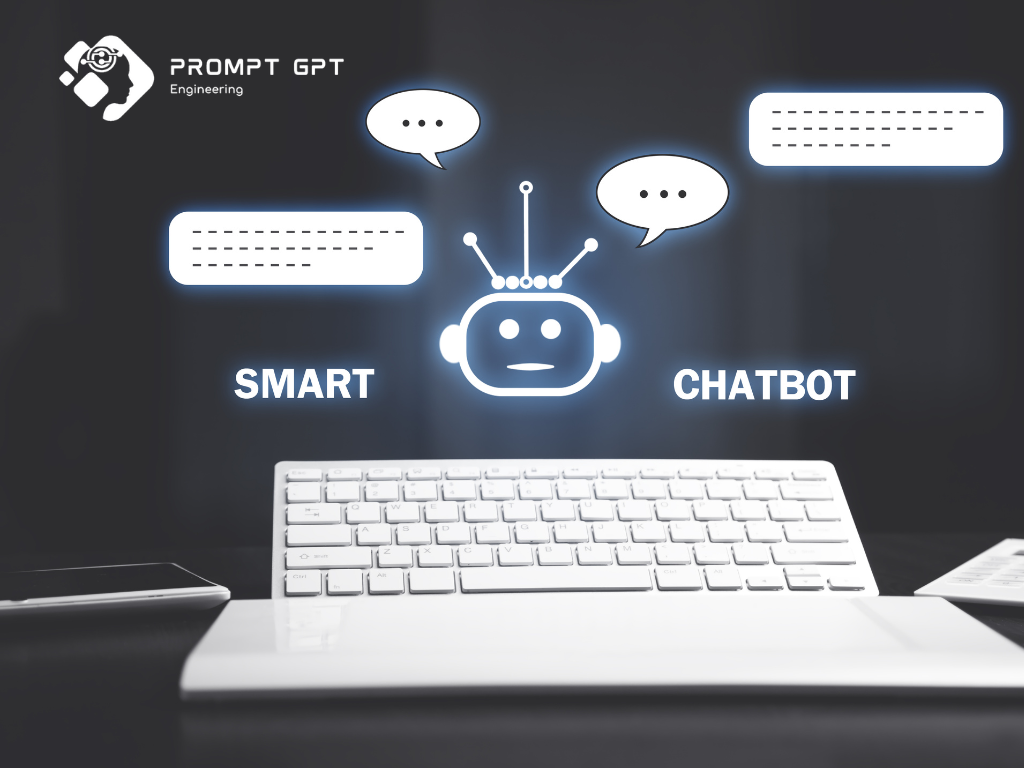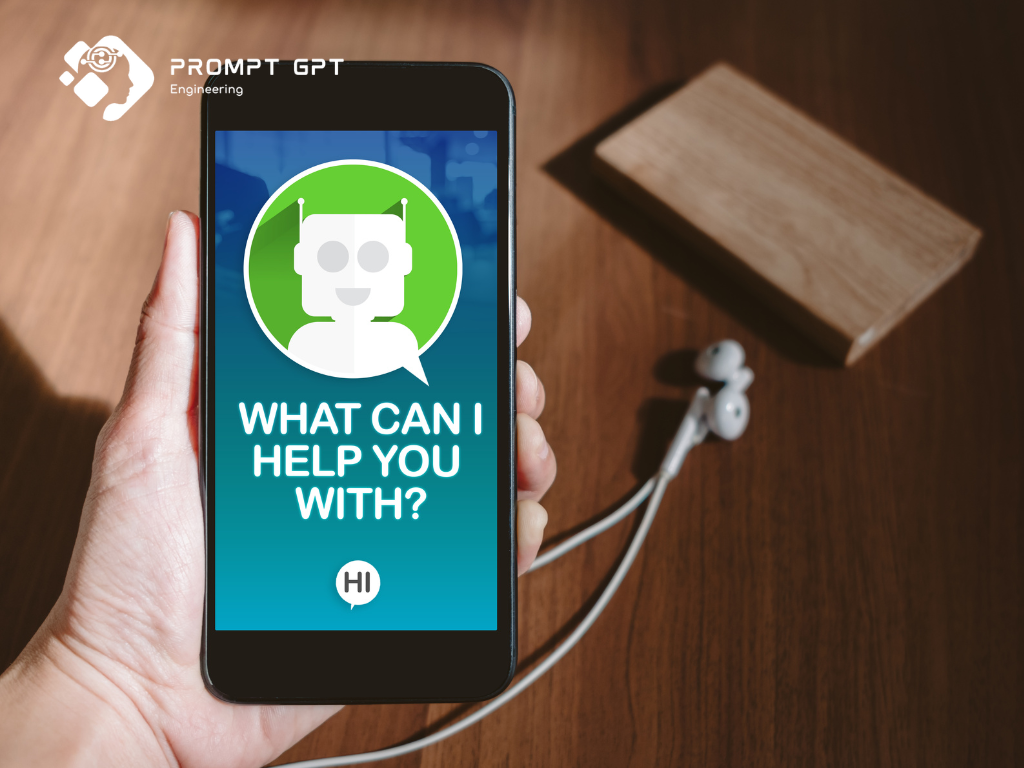Artificial intelligence developers (AI) has become a transformative force in customer service, fundamentally changing how businesses interact with their customers. With the advent of AI-powered chatbots and virtual assistants, companies can provide 24/7 support, streamline their operations, and improve customer satisfaction. This shift towards AI-driven solutions has been fueled by advancements in natural language processing (NLP) and machine learning, enabling machines to understand and respond to customer inquiries with increasing accuracy and sophistication.
Role of AI Developers and AI Prompt Engineers in Shaping Customer Interactions
AI developers and AI prompt engineers play a crucial role in this revolution. AI developers are responsible for creating the algorithms and models that power AI applications, ensuring they are efficient, accurate, and scalable. On the other hand, AI prompt engineers specialize in designing and refining the prompts that guide AI responses. Their work ensures that the AI can understand and generate relevant, context-aware responses, making interactions with customers more natural and effective. Together, these professionals are at the forefront of creating intelligent systems that enhance customer experiences.
Features and Capabilities of ChatGPT

Understanding ChatGPT: An Overview
ChatGPT, developed by OpenAI, is a leading example of advanced conversational AI. It is designed to understand and generate human-like text based on the input it receives. ChatGPT is built on the GPT (Generative Pre-trained Transformer) architecture, which leverages large amounts of text data to learn language patterns, context, and nuances. This deep learning model enables ChatGPT to engage in meaningful and coherent conversations, making it a valuable tool for customer service applications.
Key Features of ChatGPT for Customer Service Applications
ChatGPT offers several features that make it ideal for customer service:
- Natural Language Understanding (NLU): ChatGPT can comprehend complex queries and respond in a way that feels natural and conversational.
- Contextual Awareness: It maintains context over a conversation, allowing for more coherent and relevant responses.
- Personalization: ChatGPT can be customized to reflect a brand’s voice and adapt to specific customer service scenarios.
- Scalability: It can handle multiple customer interactions simultaneously, making it suitable for businesses of all sizes.
- 24/7 Availability: Unlike human agents, ChatGPT can provide support around the clock, ensuring customers always have access to assistance.
Benefits of AI Models for Customer Support Teams
Enhancing Efficiency and Response Times
One of the primary benefits of using AI models like ChatGPT in customer service is the significant improvement in efficiency and response times. Artificial intelligence developers and ai prompt engineers create systems that can instantly handle routine inquiries, freeing human agents to focus on more complex issues. This not only speeds up response times but also ensures that customers receive timely and accurate information.
Reducing Operational Costs and Improving ROI
Implementing AI in customer service can lead to substantial cost savings. AI-powered chatbots and virtual assistants reduce the need for large customer support teams, lowering labor costs. Additionally, these systems can handle a high volume of interactions without fatigue, ensuring consistent service quality. The improved efficiency and reduced costs contribute to a higher return on investment (ROI), making AI a financially attractive solution for businesses.
Real-World Applications in Various Industries

E-commerce: Personalized Shopping Assistance
In the e-commerce sector, AI-powered chatbots provide personalized shopping assistance, helping customers find products, answering questions, and offering recommendations based on user preferences and browsing history. This enhances the shopping experience, increases customer satisfaction, and boosts sales.
Healthcare: Managing Patient Inquiries and Support
In healthcare, AI models like ChatGPT assist with managing patient inquiries, providing information on symptoms, scheduling appointments, and offering support for medical concerns. This not only improves patient engagement but also alleviates the burden on healthcare professionals by handling routine tasks.
Financial Services: Streamlining Customer Queries
In financial services, AI-driven solutions streamline customer queries related to account management, transaction processing, and financial advice. ChatGPT can quickly and accurately respond to common inquiries, ensuring customers receive prompt assistance while reducing the workload on human agents.
Role of AI Prompt Engineers in Developing ChatGPT
Designing Effective Prompts for Optimal AI Performance
AI prompt engineers play a critical role in ensuring that AI models like ChatGPT deliver optimal performance. They are responsible for designing and refining the prompts that guide the AI’s responses. Effective prompt design involves creating prompts that are clear, concise, and contextually relevant, allowing the AI to understand and generate appropriate responses. AI prompt engineers must consider various factors, such as the nuances of natural language, the intended use case, and the desired tone and style, to craft prompts that enhance the AI’s functionality and user experience.
Continuous Improvement and Training of AI Models
AI prompt engineers are also involved in the continuous improvement and training of AI models. This process involves collecting and analyzing data from AI interactions, identifying areas for improvement, and updating the prompts and training data accordingly. By continuously refining the AI’s training data and prompts, AI prompt engineers help the model learn from its interactions and improve its accuracy, relevance, and overall performance over time. This iterative process is essential for maintaining the AI’s effectiveness and ensuring it remains responsive to evolving user needs.
Challenges and Solutions in Implementing AI Customer Service

Overcoming Integration Challenges with Existing Systems
Implementing AI customer service solutions like ChatGPT can pose integration challenges, particularly when integrating with existing systems and workflows. Common challenges include compatibility issues, data migration, and ensuring seamless communication between the AI and other software applications. To overcome these challenges, businesses can work with AI developers to design and implement APIs that facilitate smooth integration. Additionally, conducting thorough testing and gradually phasing in the AI solution can help identify and address potential issues before full deployment.
Addressing User Concerns and Ensuring Smooth Adoption
User concerns about AI customer service solutions often revolve around data privacy, security, and the potential loss of human touch in customer interactions. To address these concerns, businesses should prioritize transparency and communication. Clearly explaining how the AI works, how data is used and protected, and the benefits of the AI solution can help build trust with users. Additionally, ensuring that human support is always available as a backup can alleviate concerns about losing the personal touch. Providing training and support to employees can also facilitate a smooth adoption process.
Measuring the Impact of AI Models in Customer Service
Key Metrics for Evaluating AI Performance
Measuring the impact of AI models in customer service requires tracking key performance metrics. Important metrics to consider include:
- Response Time: How quickly the AI responds to customer inquiries.
- Resolution Rate: The percentage of inquiries successfully resolved by the AI.
- Customer Satisfaction (CSAT) Scores: Customer feedback on their experience with the AI.
- Engagement Metrics: The number of interactions and the duration of each interaction.
- Cost Savings: The reduction in operational costs due to AI implementation.
Tools and Techniques for Monitoring Effectiveness
Various tools and techniques can be used to monitor the effectiveness of AI customer service solutions. Analytics platforms, such as Google Analytics and custom dashboards, can track and visualize key metrics. Additionally, AI-specific monitoring tools can provide insights into the AI’s performance, accuracy, and user interactions. Regularly reviewing these insights and conducting user surveys can help businesses understand how the AI is performing and make data-driven decisions to enhance its functionality.
Future Trends in AI-Driven Customer Service

Emerging Technologies and Innovations
The field of AI-driven customer service is constantly evolving, with emerging technologies and innovations shaping its future. Some of the trends to watch include:
- Advanced Natural Language Processing (NLP): Continued advancements in NLP will enable AI models to understand and respond to increasingly complex queries with greater accuracy.
- Voice-Activated AI Assistants: Voice-activated AI assistants will become more prevalent, offering hands-free customer service solutions.
- Multilingual Support: AI models will improve their ability to handle multiple languages, enabling businesses to provide customer support to a global audience.
- Personalization: AI-driven customer service solutions will become more personalized, using data to tailor interactions and provide customized support.
Preparing for the Future of AI in Customer Interactions
To prepare for the future of AI in customer interactions, businesses should stay informed about emerging trends and technologies. Investing in ongoing training and development for AI developers and AI prompt engineers is essential to keep pace with advancements. Additionally, businesses should remain flexible and open to adopting new AI solutions that enhance customer service. By staying proactive and forward-thinking, companies can leverage AI to provide exceptional customer experiences and maintain a competitive edge.


